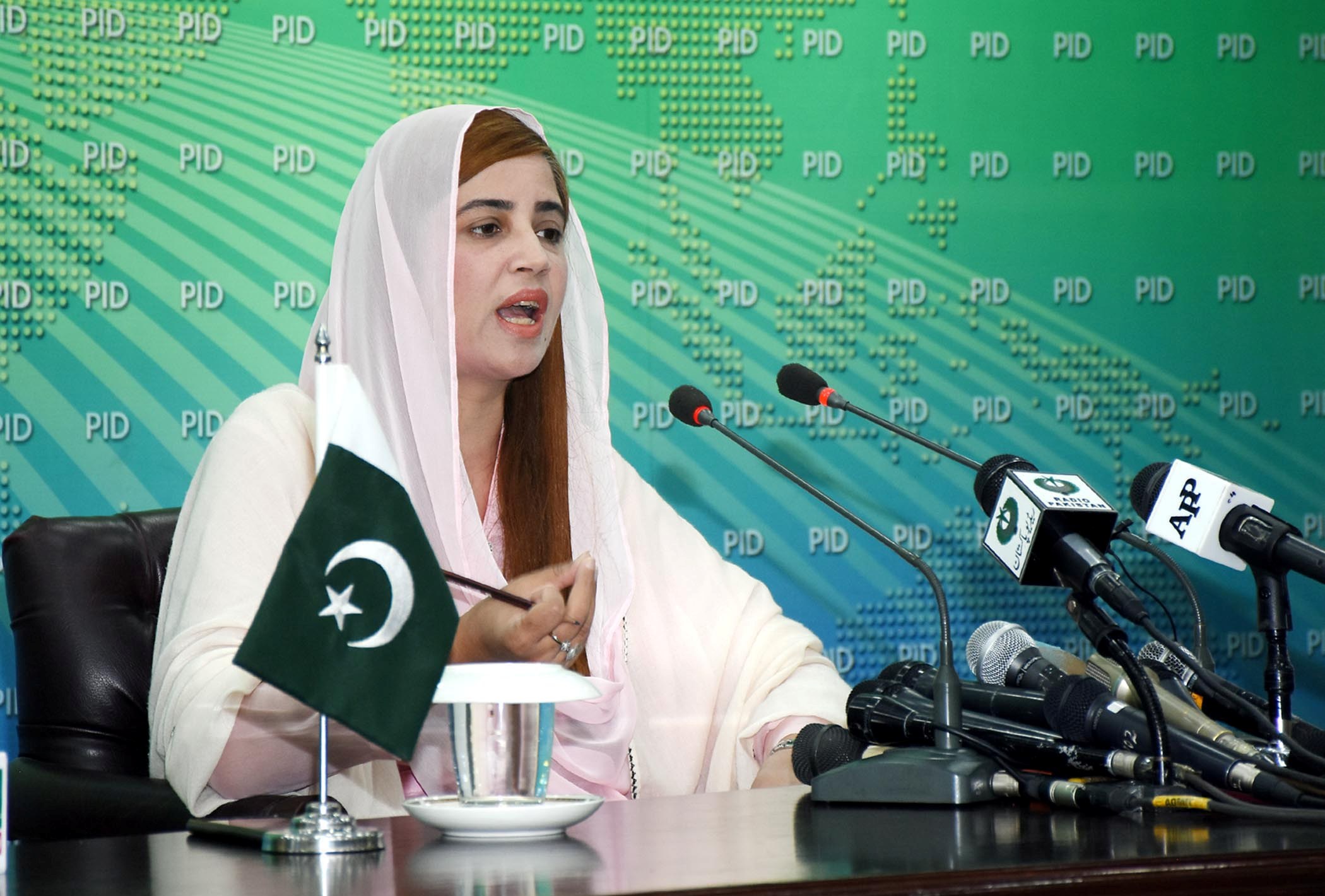ISLAMABAD: Foreign Office spokesperson Nafees Zakaria has said that the house arrest of Jamaat-ud-Dawa chief Hafiz Saeed is under P
akistan’s international obligations and implementation of the National Action Plan (NAP).
He expressed these views while responding to a question during the weekly media briefing on Thursday.
Zakaria said that P
akistan has taken this action against all the proscribed elements, required under the UN sanctions.
He said that P
akistan’s action against terrorist elements were without any discrimination,
and in the larger national interest. He said that
the country’s sacrifices and losses had been repeatedly acknowledged by all
the countries. “Our commitment to eradicate the scourge of terrorism is beyond doubt. But India should first look towards itself before pointing fingers at others.”
He alleged that India was involved in terrorist activities in P
akistan, and Islamabad had irrefutable evidence to prove that India had been financing terrorism in
the country. He said that Indian officer Kulbhushan Yadav’s arrest
also proved that New Delhi was involved in terrorist activities in P
akistan.
To a question, he said that the P
akistani Mission in India was in contact with Indian authorities for the early release of three P
akistani boys.
To another query regarding the increase of 10 percent defence budget by India, he said that P
akistan wanted peace and stability in South Asian region, which is
the cornerstone of
the country’s foreign policy. “To
the contrary, India has hegemonic designs,” he said.
The spokesperson said that during the last eight days, 40 Kashmiris had been injured, of which six were fighting for their lives. He said that Indian occupation forces had been using pellet guns and PAVA shells on the people, inflicting serious injuries.
He said that the Indian drive of changing the demography of Indian-held Kashmir through settlement of non-Kashmir
is was a blatant violation of the UN Security Council resolutions on Kashmir.
To a question regarding the new American immigration policy with regard to seven Muslim countries, the spokesperson said that every sovereign country had the right to form its own immigration policy. He said that P
akistan had always had close relations with the US, and hopes for better relations with the new Trump administration.
